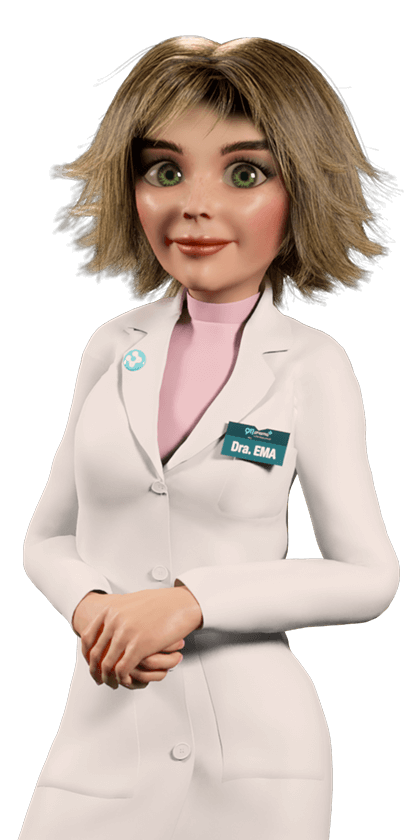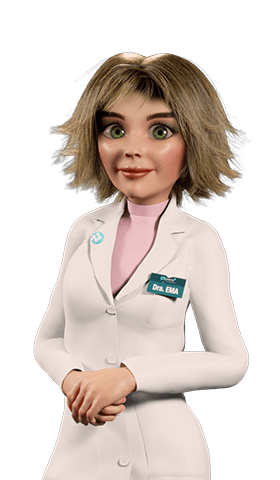Drugs and Devices
How to live with medication
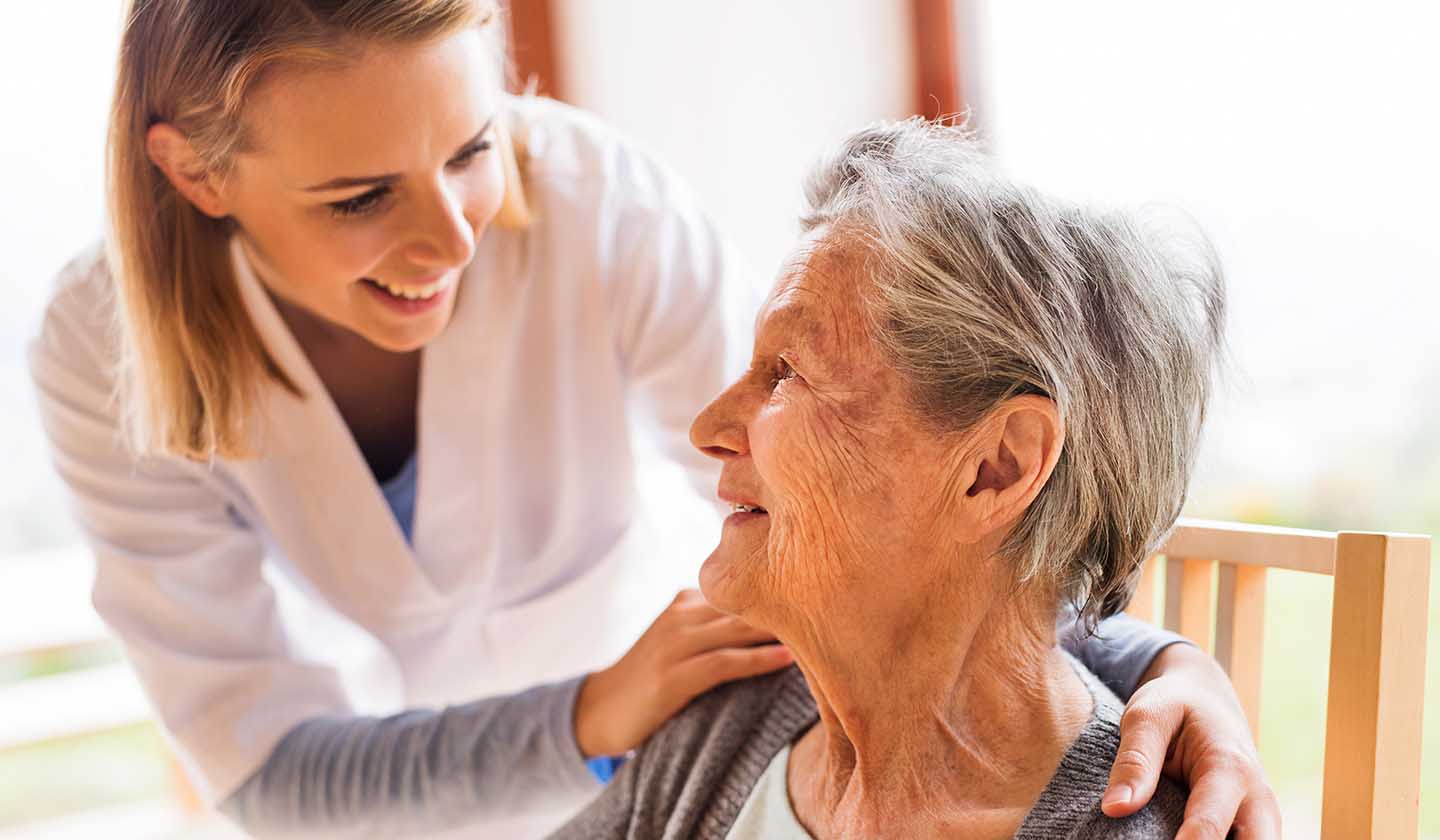
Ageing is a natural phase of life and although it is a step we cannot avoid, we can prevent and treat the problems that arise with it. Nowadays, we expect to grow old with an improved quality of life, that is, in good health and with autonomy.
The Portuguese and world population are increasingly ageing due to the significant advances made in the health sector, where pathologies are more rapidly diagnosed and the cure rate is much higher, thus increasing the average life expectancy.
Ageing is multifactorial and affects not only the visible aspect, such as the onset of wrinkles, white hair, changes in locomotion, but also changes that are not visible, such as the way our body reacts to the medicines we take.
Nowadays, the elderly population is very proactive with regards to their health and because they have access to the Internet and watch television, they are patients who tend to obtain information about their illnesses and respective treatments.
The elder people are usually polymedicated, whether taking drugs prescribed by doctors or products without a prescription. The beneficial effect of natural products on the cure and prevention of some diseases is known, however, despite being natural products, they can also have interactions with other medications and side effects, increasing the likelihood of interactions between medications and the outbreak of adverse reactions.
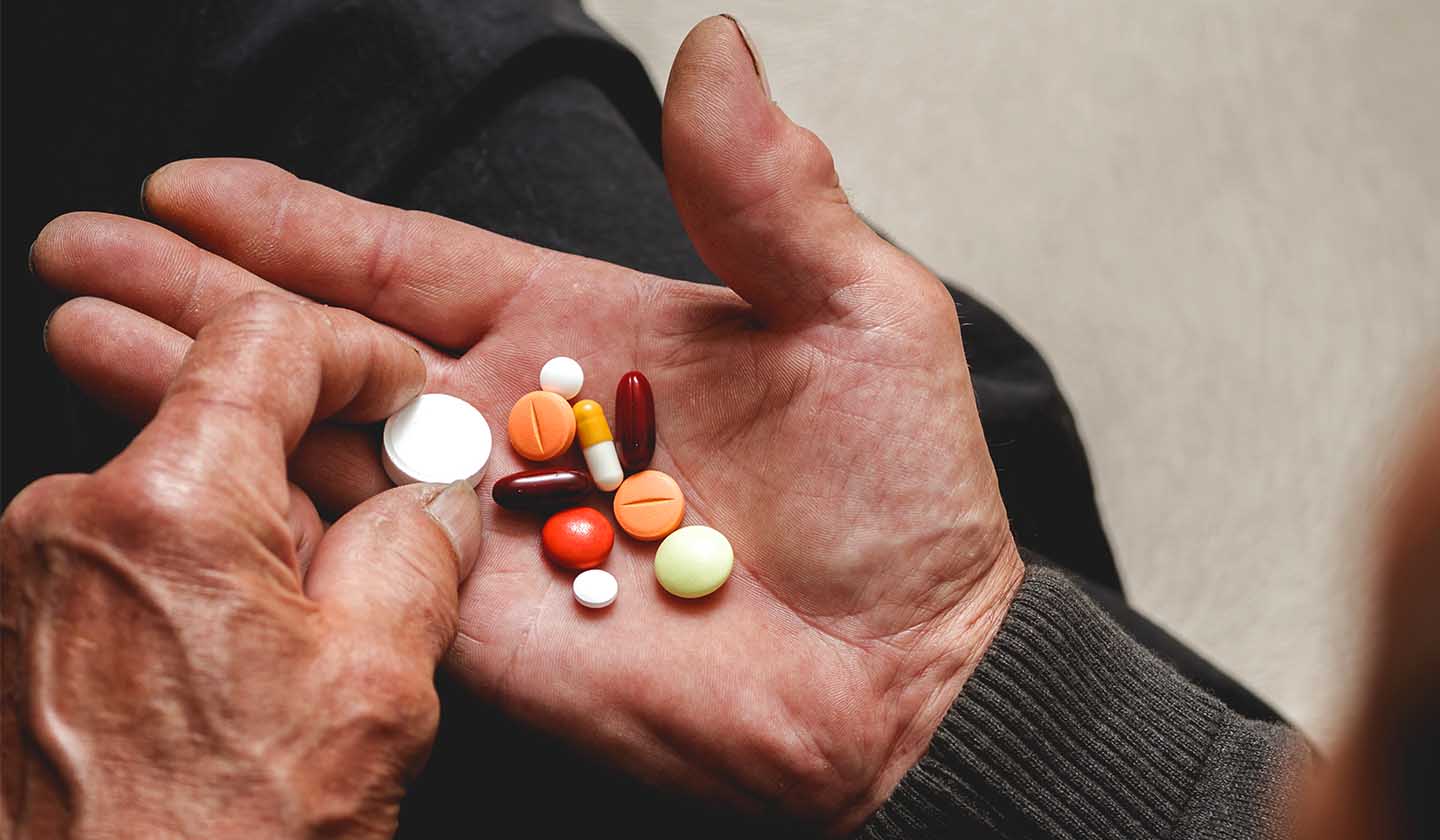
Factors that can lead to the appearance of adverse reactions:
-
Intake of more than one type of medication, for one or more illnesses, increasing the likelihood of interactions between medications and the appearance of adverse reactions.
-
With age, muscle mass and body water percentage decrease and fat tissue increase. Drugs that dissolve in water reach higher concentrations, because there is less water for their dissolution, and drugs that dissolve in fat accumulate more, because there is relatively more adipose tissue to store them.
-
Renal blood flow decreases with age, with a reduction of about 1% per year, after the age of 50. Some diseases, such as high blood pressure, heart failure and diabetes, can contribute to a decrease in kidney function. This reduction in the renal function affects the elimination of drugs, which are then accumulated in the body, causing toxic levels.
Cooperation between the patient and the healthcare team, whether it be their doctor, pharmacist, or caregiver, will help solve any issues that may arise from medication intake.
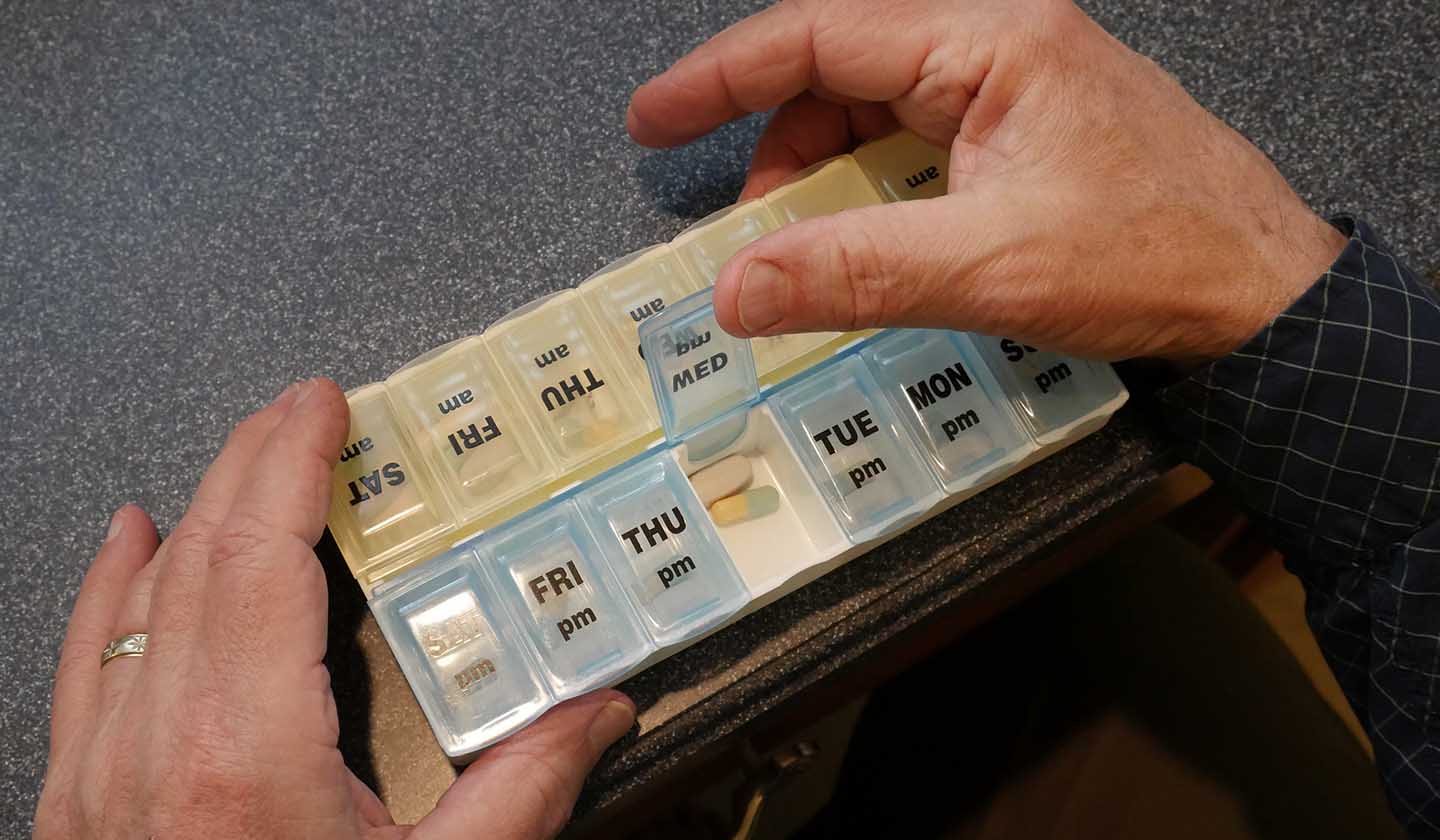
Advice for avoiding the development of adverse reactions and interactions
-
Keep a record of all medical issues and drug allergies;
-
Keep an up-to-date record of all the medications you take, including over the counter and supplements, such as vitamins and natural products;
-
As a rule, try to purchase your medicines at the same pharmacy, allowing the pharmacist to know your medical history and to have records of your medication;
-
When you go to your doctor, take all the medicines you take and mention if there are any medicines that have been prescribed by another doctor or purchased without a prescription.
-
Clarify any doubts you might have regarding the administration and the role of medications.
Causes that can lead to drug misuse:
-
Complexity of therapeutic schemes - the patient may not understand how to administer the medication;
-
Decreased vision - the patient mistake pills for other medication;
-
Decreased dexterity in removing the tablet from the blister;
-
Memory problems - the patient may forget to take medication
-
Illiteracy - it may compromise the understanding of how to administer the medication
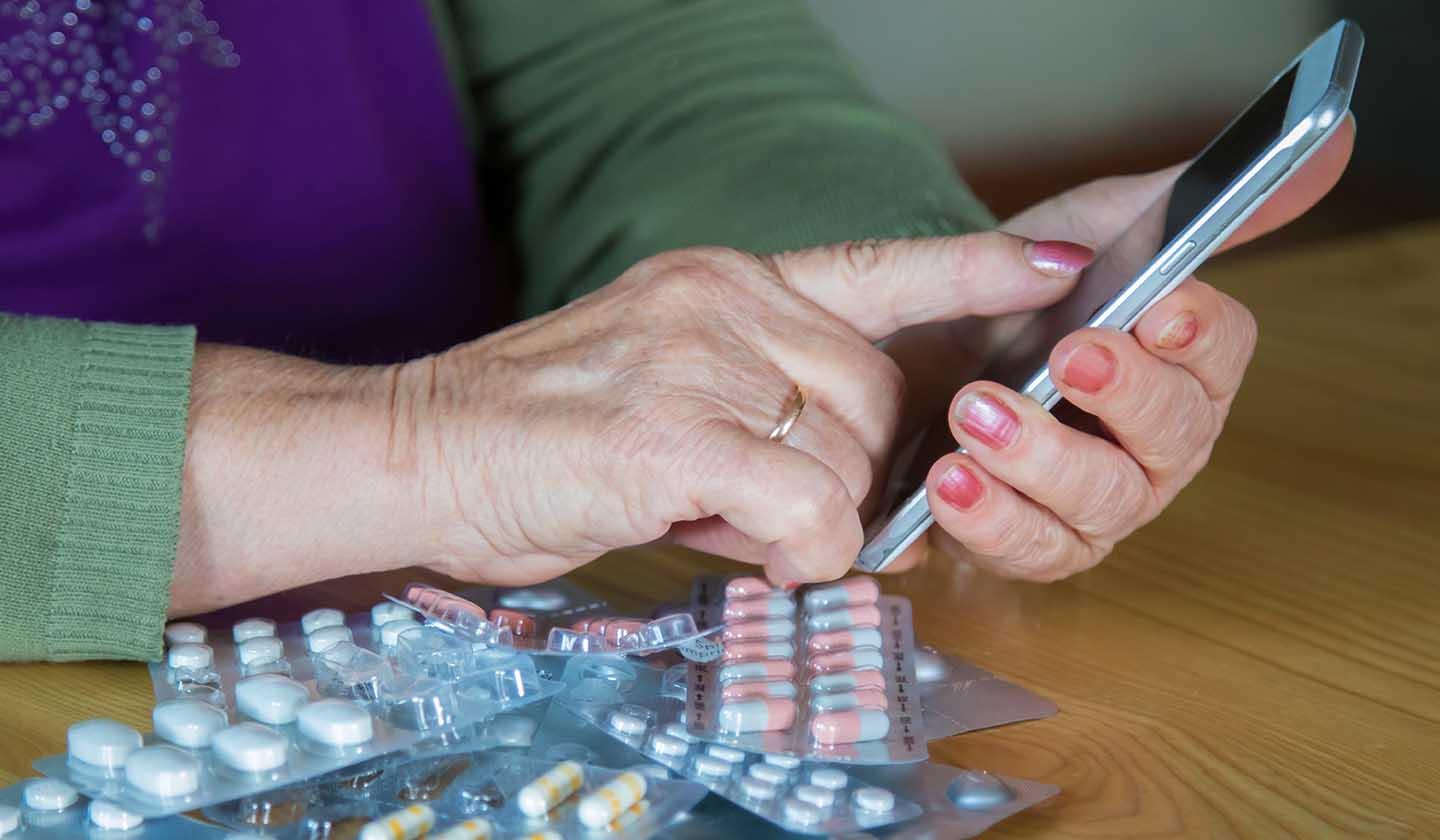
Tips for administering your medication correctly
-
Use a pill dispenser to store your medication by weekdays and times of the day, making it easier to know which pill you have to take or if you forgot to take one.
-
Ask your pharmacist to place a label on the medication package with the administration steps.
-
Use memory aids, such as associating the medication with an activity or time of day.
-
Use an application on your phone that helps you remember to take your medication.
-
Do not take someone else's medication, even if you think it is for the same situation. Medicines can sometimes look the same, but they are not.
-
Always consult a doctor or pharmacist before taking a new medication not prescribed by the doctor.
-
Do not purchase medicines from untrustworthy internet sites or places that are not approved for the propose.
Sources
iSaúde
Farmácia Distribuição Magazine
Também lhe poderá interessar
Medicines and Devices
Antibiotic and Doctor an inseparable combination
Drugs and devices
